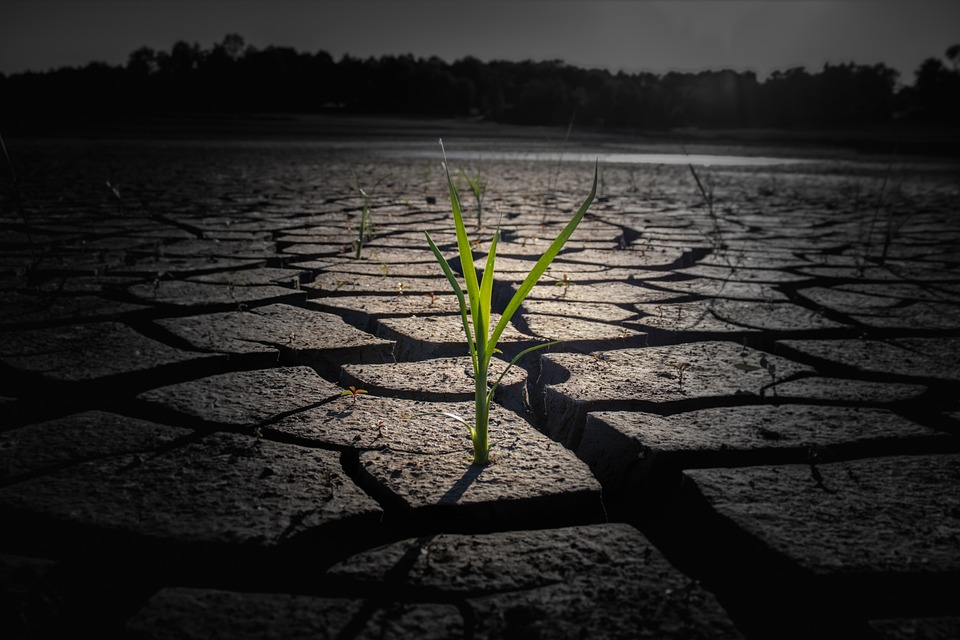What Is the Climate of the Southeast? Exploring Weather Patterns in the Southeastern United States
The Southeastern United States is characterized by its warm, humid climate, which significantly influences its culture, agriculture, and biodiversity. This region, known for its rich history and diverse ecosystems, experiences a humid subtropical climate that shapes daily life and various industries.
General Climate Characteristics of the Southeast
The Southeast predominantly features a humid subtropical climate, characterized by:
– Warm summers: Average temperatures often range from 80°F to 95°F (27°C to 35°C).
– Mild winters: Average temperatures typically fall between 40°F and 60°F (4°C to 15°C).
– High humidity levels: The region experiences significant humidity year-round, contributing to its lush vegetation and agricultural productivity.
Seasonal Weather Patterns
The weather in the Southeast varies significantly with the seasons:
– Spring (March to May): Temperatures are mild to warm, with frequent rain showers and thunderstorms as landscapes bloom.
– Summer (June to August): Hot and humid conditions prevail, with temperatures often exceeding 90°F (32°C) and daily thunderstorms common.
– Fall (September to November): Cooler temperatures and lower humidity create vibrant fall foliage, particularly in mountainous areas.
– Winter (December to February): Winters are generally mild and wet, with temperatures rarely dropping below freezing except in northern regions.
Precipitation and Humidity
The Southeast receives substantial annual precipitation, typically ranging from 40 to 60 inches (1,000 to 1,500 mm). This high level of rainfall is influenced by the region’s proximity to the Gulf of Mexico and the Atlantic Ocean, which also contributes to elevated humidity levels throughout the year. The warm, moist environment fosters a rich agricultural landscape but also poses challenges such as flooding during heavy rain events.
Hurricane Season and Severe Weather
The Atlantic hurricane season runs from June to November, significantly impacting coastal areas of the Southeast. Common severe weather events include:
– Hurricanes: Notable storms like Hurricane Katrina and Hurricane Michael have caused extensive damage.
– Tornadoes: The region experiences tornadoes, particularly in spring when conditions are ripe for severe thunderstorms.
Coastal communities must be prepared for storm surges and flooding associated with hurricanes, which can lead to significant property damage and loss of life.
Regional Climate Variations
The Southeast exhibits climate variations based on geography:
– Coastal Areas: These regions are warmer and more humid, facing a greater risk from tropical storms and hurricanes.
– Inland Areas: Typically slightly cooler with more seasonal variation, these areas experience less hurricane impact.
– Mountain Regions (e.g., Appalachians): These areas have cooler temperatures and more snowfall in winter, creating distinct microclimates.
Impact of Climate on Agriculture and Lifestyle
The Southeast’s climate supports a long growing season conducive to diverse crops such as cotton, peanuts, tobacco, and citrus. The warm weather encourages outdoor activities and tourism, from beach outings to hiking in the Appalachian Mountains. However, challenges arise from high humidity levels, hurricane preparedness needs, and health concerns related to heat exposure.
Climate Change and Its Effects on the Southeast
Recent observations indicate significant climate changes in the Southeast:
– Rising Temperatures: Average temperatures have increased by about 2°F since 1970, with projections suggesting further increases of up to 9°F by the end of the century under high emissions scenarios.
– Increased Rainfall Variability: While some areas may experience heavier rainfall events leading to flooding, others face drought conditions due to changing precipitation patterns.
Adaptation efforts are crucial as communities work towards resilient infrastructure and modified agricultural practices to cope with these changes.
FAQs
– When is the best time to visit the Southeast?
Spring (March-May) or Fall (September-November) offers mild weather and beautiful scenery.
– How hot does it get in the Southeast during summer?
Summer temperatures frequently exceed 90°F (32°C), often accompanied by high humidity.
– Which areas of the Southeast are most vulnerable to hurricanes?
Coastal regions such as Florida, Louisiana, and parts of North Carolina are particularly susceptible.
– Does the Southeast experience snowfall?
Snowfall is rare but can occur in northern areas during winter months.
– How is climate change affecting agriculture in the Southeast?
Shifts in temperature and precipitation patterns threaten crop yields and introduce new pests.
– What are some popular outdoor activities based on the climate?
Activities include beach outings, hiking in national parks, fishing, and various water sports.
Conclusion
The Southeastern United States is defined by its humid subtropical climate featuring warm summers, mild winters, and seasonal rainfall. This climate plays a pivotal role in shaping the region’s culture, agriculture, and lifestyle. As climate change continues to impact weather patterns and environmental conditions, adaptation strategies will be essential for ensuring a resilient future for communities across the Southeast.

Kyle Whyte is a notable scholar and professor at the University of Michigan, holding positions such as the George Willis Pack Professor in the School for Environment and Sustainability and Professor of Philosophy. Specializing in environmental justice, his work critically examines climate policy and Indigenous peoples’ ethics, emphasizing the nexus between cooperative scientific endeavors and Indigenous justice. As an enrolled Citizen Potawatomi Nation member, he brings a vital perspective to his roles as a U.S. Science Envoy and member of the White House Environmental Justice Advisory Council. His influential research is supported by various prestigious organizations including the National Science Foundation, and disseminated through publications in high-impact journals. Kyle actively contributes to global Indigenous research methodologies and education, with affiliations to numerous institutes and societies dedicated to traditional knowledge and sustainability. Recognized for his academic and community engagement, Kyle has earned multiple awards and served in various visiting professorships. His efforts extend to leadership positions on boards and committees focused on environmental justice nationwide.
